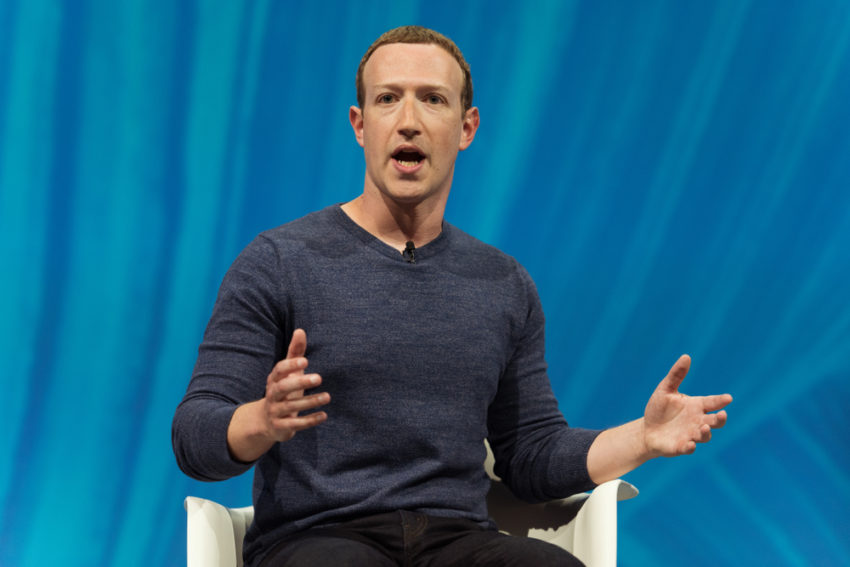Politicians from nine countries reacted angrily to the absence of Facebook founder Mark Zuckerberg at a hearing today.
The event is part of an unprecedented international inquiry into disinformation and fake news.
Richard Allan, Facebook’s vice-president of policy solutions, appeared in Mr Zuckerberg’s place.
He said he took responsibility for deciding who appeared at which committee.
9 countries.
24 official representatives.
447 million people represented.One question: where is Mark Zuckerberg? pic.twitter.com/BK3KrKvQf3
— Digital, Culture, Media and Sport Committee (@CommonsCMS) November 27, 2018
The session was attended by parliamentarians from Argentina, Belgium, Brazil, Canada, France, Ireland, Latvia, and Singapore as well as members of the UK’s Digital, Culture, Media and Sport Committee.
Its chairman Damian Collins, has repeatedly asked Mr Zuckerberg to attend hearings.
Lord Allan, who is also a Liberal Democrat peer, faced a grilling on various Facebook policies and actions in addition to the subject of why his boss wasn’t there.
“We’ve never seen anything quite like Facebook, where, while we were playing on our phones and apps, our democratic institutions… seem to have been upended by frat-boy billionaires from California,” remarked Canadian politician Charlie Angus.
It had been thought that a cache of Facebook documents, seized by MPs from a US businessman on the grounds that they were relevant to the inquiry, might be shared – but Mr Collins said that they would not be published today.
He later said that they will be published – possibly in the next week.
Lord Allan said he believed it would be unfair to take “internal conversations” and “robust comments” as the company’s official position.
The Observer, which first reported the story about the documents being seized, said they included data about Facebook’s privacy controls.
They had been sealed by a US court, and Facebook has demanded their return.
However, the contents of one email from 2014 were alluded to, in which a Facebook engineer reported unusual levels of Russian activity – namely that huge amounts of data were being pulled daily from devices with Russian IP addresses.
Lord Allan was asked whether any action was taken, or authorities notified.
He said the information he had was “partial at best” and that he would have to come back with more details.
Facebook has since responded that its engineers had looked into the matter at the time and “found no evidence of specific Russian activity”.
The BBC understands that the data calls turned out to be legitimately coming from the social media platform Pinterest, and that there were not billions of them as suggested in the hearing.
App bans
Lord Allan was unable to name a single occasion when Facebook had banned an app for breaking its rules, despite saying that it was Facebook’s policy to do so.
In a later session, UK Information Commissioner Elizabeth Denham told the hearing that Facebook informed her it had banned 200 apps during the summer of 2018.
“I’m not aware of any case before the revelation [of the Cambridge Analytica data scandal]”, she said.
Lord Allan also acknowledged that Facebook had “damaged public trust” through some of its actions and said the firm was in favour of a “regulatory framework” for the social media giant.


